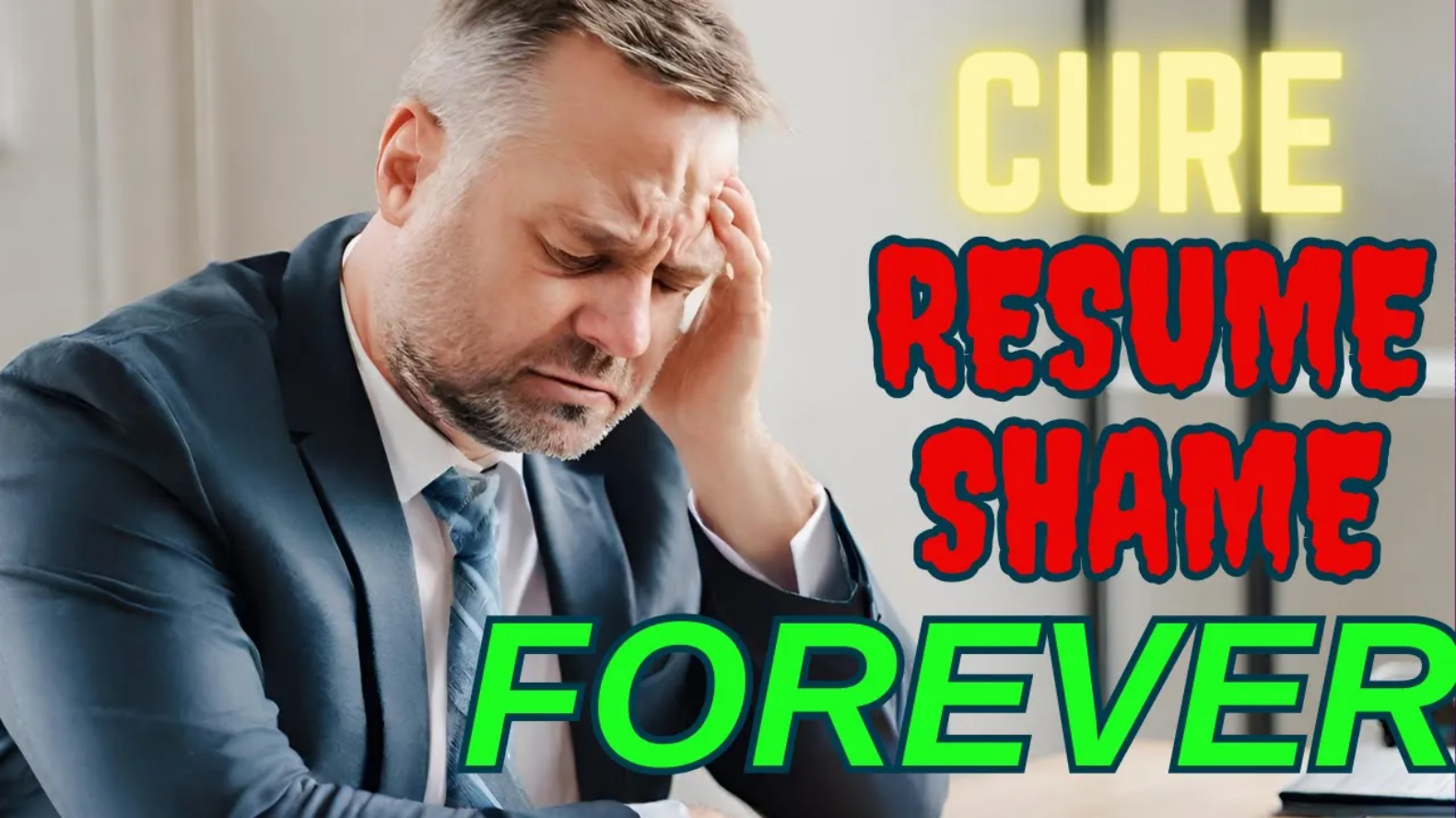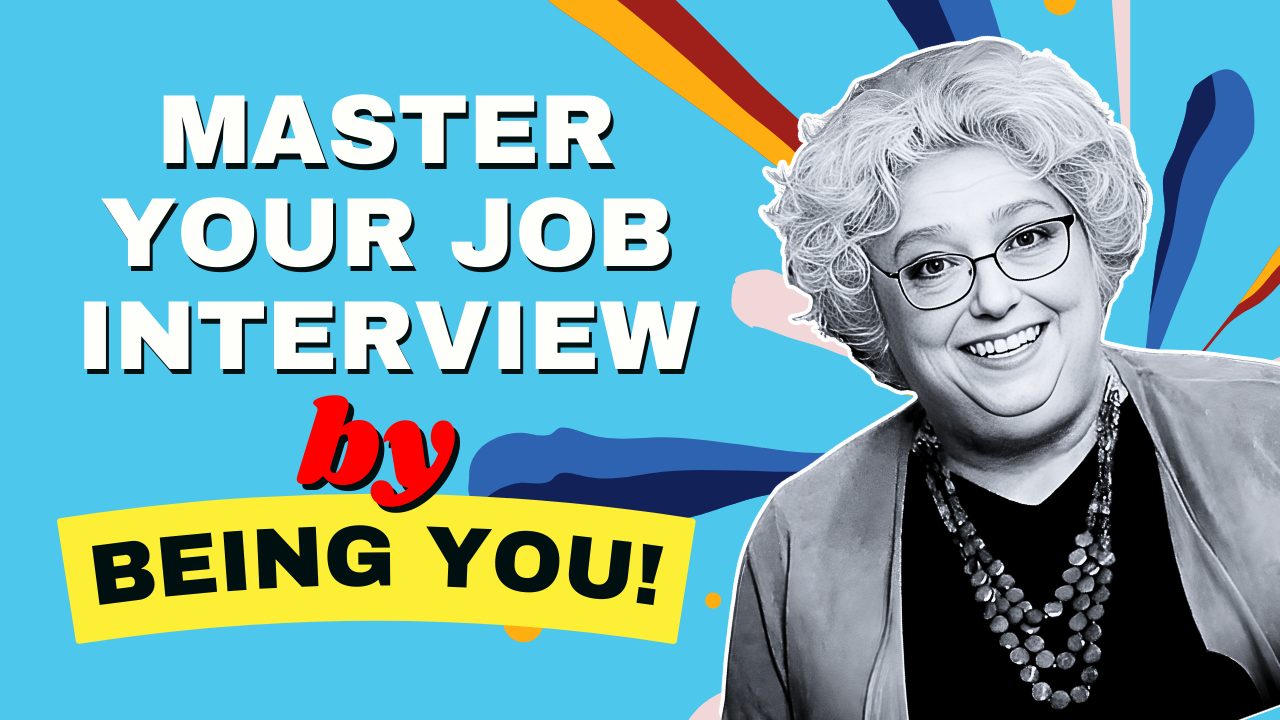Ever heard of the "hidden job market"? Sounds like an elite club or a secret society, doesn’t it? While some might conjure images of shadowy figures and exclusive networks, the truth is much simpler and accessible to everyone. Today, I’m going to demystify the hidden job market and show you how it’s a treasure trove of opportunities—waiting to be tapped.
What is the Hidden Job Market?
The difference between the published job market and the hidden job market refers to jobs that aren’t advertised publicly. These positions might be filled internally, through employee referrals, or with candidates sourced directly by recruiters. Why do companies choose not to advertise? They save on advertising costs, minimize the deluge of applications, and often find better candidates through networks.

How to Access the Hidden Job Market
Accessing these covert opportunities isn’t about knowing secret handshakes or being insiders. It’s about strategic networking and positioning yourself where these opportunities can find you. Here’s how:
Three ways to find jobs in the hidden job market
- Evaluate Your Network: Start with who you know. Not all connections are created equal. Your ideal contacts can make hiring decisions or introduce you directly to those who can. Look beyond the number of connections to their quality and relevance to your career goals. Do your current connections have access to the industry and size company that you're targeting next? If not, it is time to expand your network by reaching out to your 2nd level connections with whom you have someone in common.
- Engage in Meaningful Conversations: Forget cold calling or awkward networking events. Today, meaningful engagements often start online. Join professional groups, participate in discussions, and connect with leaders in your industry on platforms like LinkedIn. I've discovered LinkedIn is a gold mine, and once you know how to navigate it like an expert, you can get those conversations started very quickly.
- Position Yourself as a Leader: When you reach out, ensure your LinkedIn profile and other professional materials showcase your skills and achievements. You want potential connections to recognize immediately how you can add value to their organization. The first impression people have about you will come from your LinkedIn profile, so make sure it SHINES. If you're embarrassed by it, talk with us, and we can give you some free advice and see if it makes sense to explore working together.
Here’s a real-life hidden job market example
Let’s look at a practical example. Lew, a client searching for a senior IT leadership role, connected with the Chief Data Officer of Etsy. He reached out a week before Christmas, and by mid-January, he had accepted a role specially created for him, with a compensation package double his previous earnings. His story exemplifies that when you target the right people and present yourself effectively, the hidden job market can yield incredible results swiftly.
Actionable Steps to Start Your Search
If you’re ready to dive into the hidden job market, here’s what you can do today:
• Refine Your LinkedIn Profile: Your profile is your first impression. Make it count.
• Identify Key Contacts: Use LinkedIn to find potential bosses in companies you admire.
• Reach Out Strategically: Send personalized connection requests without selling yourself too hard upfront. Let your profile do the talking.
The hidden job market isn’t a myth, but a reality that can be accessed through smart networking and strategic actions. It’s about who you know, how you connect, and how well you communicate your value. By focusing on building genuine, strategic connections, you're more likely to find and secure the job of your dreams without ever responding to a job ad.
Remember, every interaction is an opportunity to open a door to a new career path. So, start expanding your network today, and maybe you'll find your next job opportunity is just one conversation away!
If you're ready to upend traditional approaches to executive interviews and truly stand out, consider joining our four-week small-group program. We’ll dive deeper into creating a compelling personal brand, mastering your executive interview techniques, and navigating the path to your next great opportunity without going through the conventional HR channels.
Thank you for considering this journey with me! Don’t forget to subscribe to our newsletter below for more insights and an exclusive invitation to our training program. Your next big opportunity awaits, and it’s time to seize it with confidence and creativity!
Here's the link to the video above: https://youtu.be/TM6xGG3lfAs
---
Newsletter Signup




